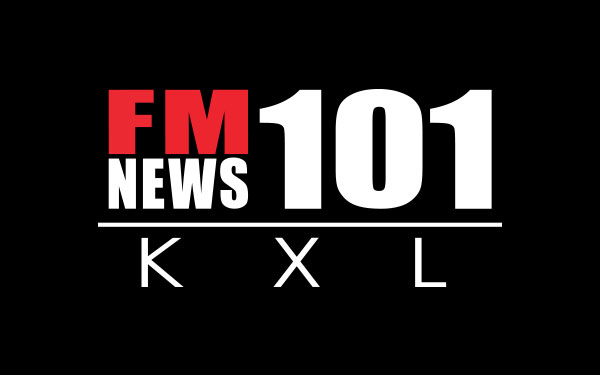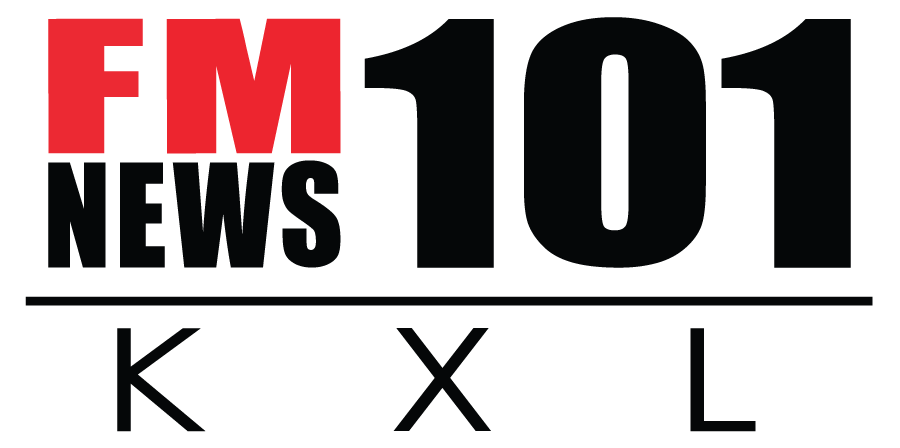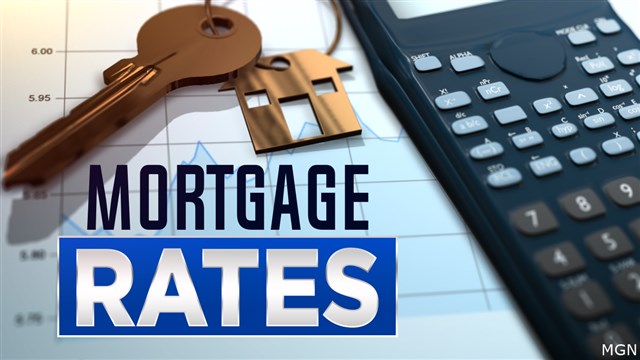Ten questions Congress has for Michael Cohen

Eduardo Munoz Alvarez/Getty Images(WASHINGTON) — Michael Cohen, President Donald Trump’s longtime former personal attorney and fixer, is expected to pull back the curtain on 10-plus years by Trump’s side when he appears before three congressional committees this week.
On Tuesday, Cohen will testify behind closed doors to the Senate Intelligence Committee. He’ll spend Wednesday testifying publicly, for the first time, before the House Oversight Committee. And on Thursday, he’ll speak privately to the House Intelligence Committee.
While his public testimony on Wednesday is limited, at the direction of special counsel Robert Mueller’s team, Cohen could face questions on everything from the inner workings of the Trump Organization to specific details of hush-money payments to silence women who claimed having affairs with Trump ahead of the 2016 presidential election, according to a memo from the House Oversight Committee’s Democratic staff to members. Trump has denied the women’s claims.
“What he will talk about … is what did you do for Mr. Trump during those 10 years, and why? And what caused you to change, and tell the truth, and refuse to accept a pardon, and become transformed?” Lanny Davis, Cohen’s attorney, told ABC News’ “The Investigation” podcast last week.
Democrats on the House Oversight Committee, even as they steer clear of probing Cohen’s knowledge of Russian efforts to influence the 2016 presidential campaign, could question Cohen about the accuracy of his public statements and what they claim are Trump’s efforts to intimidate his former fixer and others against cooperating with Congress.
Here are some of the topics lawmakers hope to raise with Cohen this week:
1. Why did Cohen lie to Congress?
Cohen pleaded guilty in November to lying to Congress about a Trump Tower project in Moscow that the president’s real estate company was pursuing at the same time he was running for president in 2016. In statements to the House and Senate Intelligence committees, Cohen testified the project ended in January 2016. He later said it continued well into the campaign, at least until June of that year.
Cohen also pleaded guilty in August to six felonies associated with his personal business dealings, including tax evasion and making false statements to a bank, along with two campaign finance violations.
Democrats have vowed to investigate whether Cohen lied at Trump’s direction, a suggestion Trump’s personal lawyer Rudy Giuliani called “categorically false.”
While Cohen has been compared to John Dean, President Richard Nixon’s White House counsel who later implicated the president before the Senate Watergate Committee in 1973, Trump’s longtime lawyer will be limited in what he can say publicly about lying to Congress.
The House Intelligence Committee is expected to question Cohen about his false statements in his closed-door hearing with the panel on Thursday, according to the Oversight Committee’s memo.
2. How did Trump manage his businesses?
For years, Cohen had a front row seat to Trump’s management of his sprawling business empire.
“You’re going to hear impersonal, front-line experiences of memories, and incidents, and conduct, and comments that Donald Trump said over that 10-year time period behind closed doors that, to me when I first heard Michael tell me all this, even as much as I knew about Trump that was negative, was chilling,” Davis recently told ABC News.
3. Did Trump violate tax laws?
Democrats are preparing to question Cohen about Trump’s compliance with tax laws, following a report by The New York Times on the president’s efforts to avoid paying taxes as a New York businessman decades ago.
According to the Times, Trump and his siblings paid just over $50 million in taxes on $1 billion they received from their parents, an amount that would have produced a tax bill of at least $550 million under the tax rate on gifts and inheritances at the time.
A lawyer for Trump told the Times its report was false and “100 percent defamatory,” while Trump later attacked the newspaper’s reporting in a tweet.
4. Are there conflicts of interest?
The House Intelligence Committee, now led by Democrats, has also launched a wide-ranging investigation into the president, his family business and whether his personal financial interests are influencing administration policy.
“Michael Cohen is pivotal to this, the peril of ignoring or observing this red line of the president’s, and ignoring the financial issues,” Rep. Adam Schiff, D-Calif., the chairman of the committee, said Sunday in an appearance on ABC’s This Week with George Stephanopolous.
5. What did Trump know about hush-money payments?
Cohen pleaded guilty in August to two counts of campaign finance violation for payments he said he was asked to make during the 2016 campaign to the two women who said they had affairs with Trump.
Democrats will likely press Cohen on how the president complied with campaign finance laws, after Cohen last year implicated Trump in the scheme to pay porn star Stormy Daniels and former Playboy model Karen McDougal. Cohen said he made the payments to buy their silence “in coordination and at the direction of a candidate for federal office” in court in August.
Trump has denied directing Cohen to break the law.
“Whatever he did, he did on his own,” Trump told Fox News in December. “I never directed him to do anything incorrect or wrong.”
6. How much foreign business does Trump get at his Washington hotel?
The Trump International Hotel hotel in Washington’s Old Post Office building, just blocks away from the White House, is among Trump’s most prized holdings.
It’s also become emblematic of the conflict-of-interest allegations facing the businessman-turned-president. The Maryland and District of Columbia attorneys general have alleged that Trump is in violation of the emoluments clause of Article 1 of the Constitution, which bars elected officials from doing business with foreign governments — because of his hotel.
Trump turned over control of his businesses to his children before taking the oath of office, and said he would donate any foreign earnings to the U.S. Treasury.
On Monday, the Trump Organization said it had sent a check for more than $191,000 in foreign profits to the Treasury from the last year, suggesting that the organization had more foreign business than the previous year, when it sent a $151,000 check to the Treasury. Critics of Trump’s arrangement say the Trump Organization has not been transparent about how it calculates foreign profits.
7. What else happened with the Trump Foundation?
Democrats also may question Cohen about the controversial Trump Foundation, according to the Oversight Committee’s memo. The president’s charitable foundation agreed to dissolve in December amid a lawsuit from New York Attorney General Barbara Underwood that claimed Trump and his three eldest children used the outfit for personal, political and business gains — including for campaign contributions and legal settlements.
Attorneys for the Trump Foundation have tried to dismiss the lawsuit, calling it politically motivated. The state attorney general is seeking millions in restitution and to temporarily bar the Trump children from serving on charity boards.
8. Was Cohen ever promised a pardon? Has the president obstructed justice?
Cohen’s attorney has said Cohen would not accept a pardon from Trump, but it’s unclear if the president ever offered to do so. Some of the people caught in the Russia investigation have held out hope for presidential pardons, and Trump has said he has an “absolute right” to pardon himself.
The president told the New York Post last November that a pardon for Paul Manafort, his former campaign chairman, was “never discussed” but that he “wouldn’t take it off the table,” leading some Democrats to accuse Trump of obstructing justice. Democrats could ask Cohen if Trump or anyone around the president ever offered to pardon him.
“The president should understand that even dangling a pardon in front of a witness like Manafort is dangerously close to obstruction of justice,” Rep. Jerry Nadler, D-N.Y., the chairman of the House Judiciary Committee, told CNN at the time.
Democrats, according to the Oversight Committee’s memo, are also free to question Cohen about what they described as “public efforts by the President and his attorney to intimidate Mr. Cohen or others not to testify.”
In interviews and public statements, Trump has called Cohen “weak,” and suggested without evidence that he had damaging information on Cohen’s family. There has been no public indication from the Cohen investigation that anyone else in his family was or is the subject of any criminal inquiry.
Cohen’s concerns that the president’s comments could incite violence against his family led to the initial cancellation of his Capitol Hill appearances last month, sources close to Cohen told ABC News.
9. Has Trump told the truth?
Trump, his legal team and the White House had denied knowledge of the hush money payments to Daniels and McDougal, repeating the claims for months until Cohen was sentenced to three years in prison.
Trump then took to Twitter with a new explanation that appeared to concede his involvement in the episode, while insisting that he “never directed Michael Cohen to break the law.”
“He was a lawyer, and he is supposed to know the law,” Trump tweeted, claiming that Cohen agreed to the charges to “embarrass the president and get a much reduced prison sentence.”
10. Republicans: Why should we trust Michael Cohen?
Some of Trump’s staunchest allies on Capitol Hill have sought to discredit Cohen, arguing he has no credibility after pleading guilty to lying to Congress, and they have worked to paint the hearings as the start of a Democratic effort to impeach the president.
Rep. Jim Jordan, R-Ohio, the top Republican on the committee, has also suggested Republicans will not accept any limitations on what lawmakers will ask Cohen, despite the understanding between top Democrats, Cohen and the Justice Department.
“I will not stand by quietly while an admitted liar comes before the Committee,” Jordan said in a statement last week. “Our Members intend to question Mr. Cohen about the crimes he pleaded guilty to, other criminal activity he participated in but refused to disclose, his international financial dealings, and a long list of other probative activities.”
On Monday, Jordan and Rep. Mark Meadows, R-N.C., pushed House Oversight Committee Chairman Elijah Cummings, D-Md., to bring Deputy Attorney General Rod Rosenstein before the panel.
Copyright © 2019, ABC Radio. All rights reserved.



